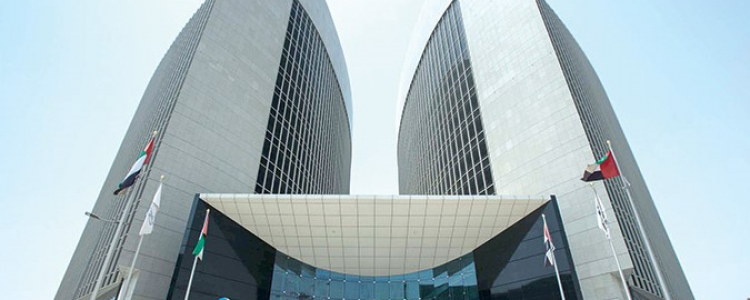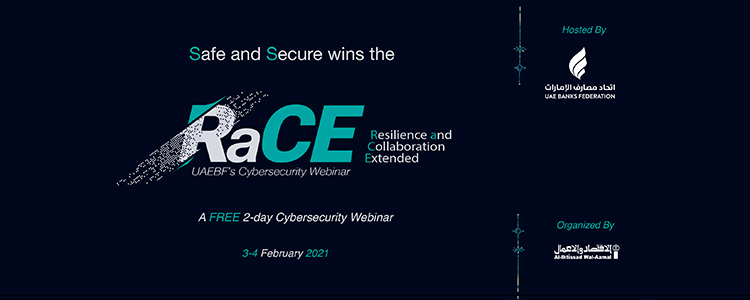
Silence Hacking group targets banks with stealthy trojan malware campaign
A previously unknown but highly organised hacking group is carrying out a series of cyber attacks against banks and financial institutions around the world, deploying trojan malware to gain entry into networks
A previously unknown but highly organised hacking group is carrying out a series of cyber attacks against banks and financial institutions around the world, deploying trojan malware to gain entry into networks.
The attackers are capable of monitoring everything a victim does in order to provide them with all the information they need to sneak around bank networks and make off with stolen funds.
Uncovered by Kaspersky Lab, the 'Silence' hacking group is suspected to be a Russian-speaking operation which has hit at least 10 financial organisations including those in Armenia and Malaysia, but mostly within Russia.
The initial attack techniques of Silence campaigns are similar threat actors including the infamous Carbanak group - initial victims are tricked by phishing emails which give the attackers a foothold into the network. They'll remain there for a long time, only striking when they have enough information to steal large amounts.
Those behind Silence are appear to be actively targeting banks which have previously been attacked. They use emails from the addresses of real employees who have had accounts compromised - potentially bought from the dark web - to send a phishing email about what looks to be a routine request about opening a customer account.
The message comes with a malicious attachment in the form of a 'Windows help . CHM' file which runs once the document has been opened. An embedded JavaScript within this automatically downloads and executes a Visual Basic script which then in turn downloads the a malware dropper from a command and control server.
The Russian language in the code led researchers to the conclusion that the attack group is Russian-speaking.
While Silence uses very similar techniques to the Carbanak group - which has stolen more than $1 billion from banks worldwide - it's still uncertain if the two groups are at all related.











